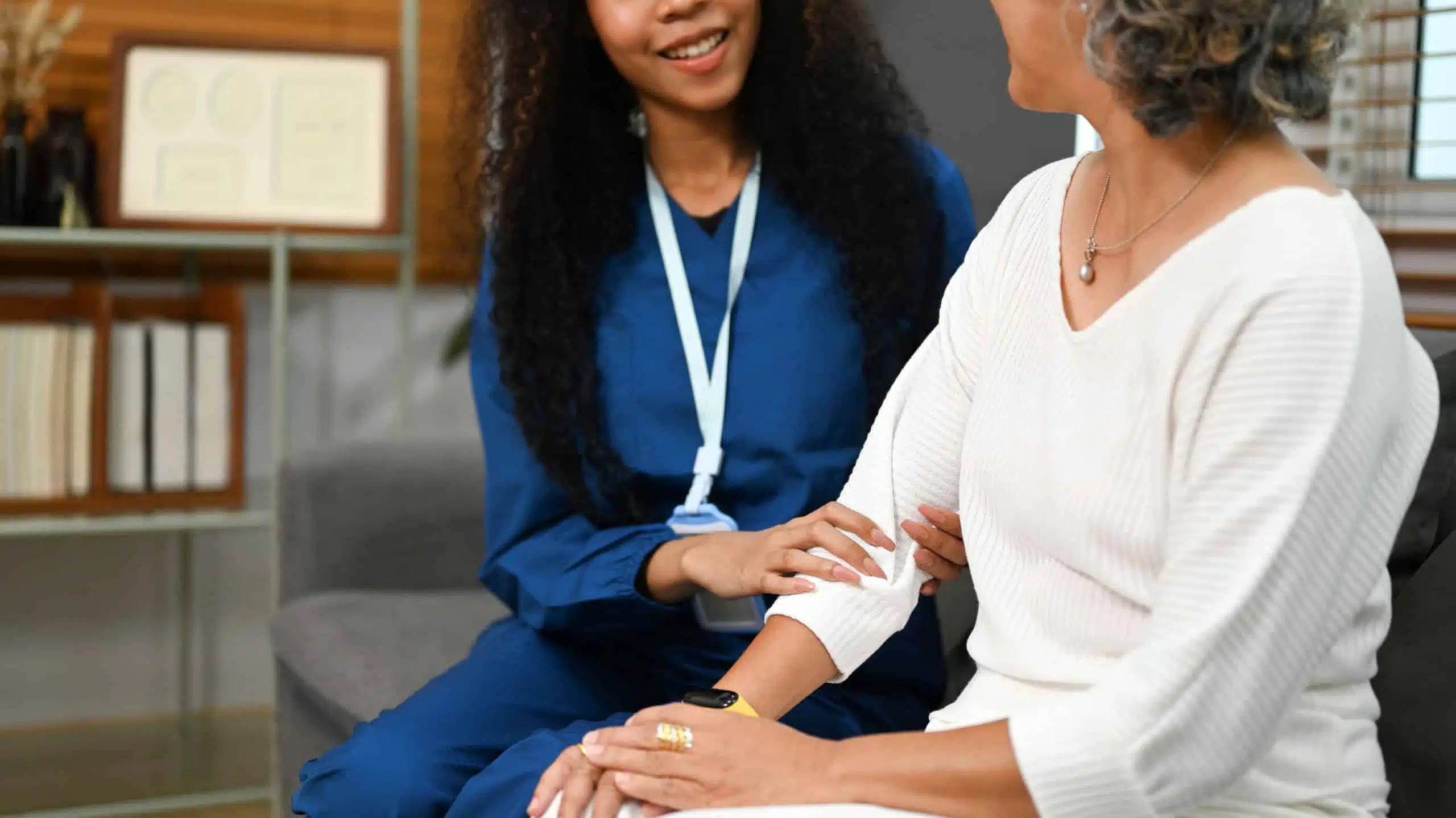Try one (or more) of the following strategies to help yourself cope in social situations.
Pace yourself
Don’t expect too much too soon from yourself. Take social breaks even when you’re feeling good. Allow yourself more downtime or “you” time than you might typically.
Identify your triggers
Pay attention to your mind and body. Notice when something feels good and when it doesn’t. When something (or someone) upsets you, don’t judge the person or your emotion. Instead, get curious. Ask yourself if you’re upset about something from the current moment, or if you’re reacting to something that reminds you of a past stressful situation.
Identify and communicate your boundaries
Take time to think about what you need and what would be helpful to receive from your friends or family members. Healthcare workers are often used to giving a lot, both at work and at home. The next time someone asks something of you, take some time to think about what you can commit to before you agree to the request.
Ask for help
Often, others want to help us but don’t know how to. Think about the ways those close to you could make you feel cared for and supported. Share this with them.
Try this writing prompt
Write a letter to your loved ones (you don’t have to send it) expressing your gratitude for their impact on your life. Write about the positive impact they have had on you and the ways they have made you feel supported. In the second half of the letter, describe the ways you would like them to better support you.
